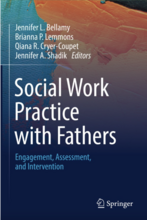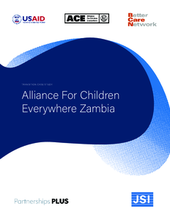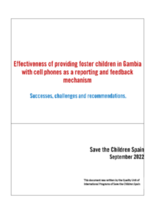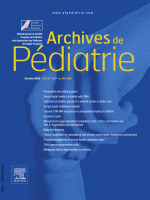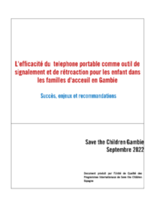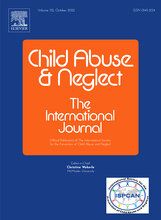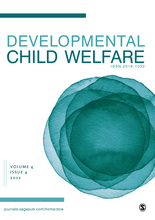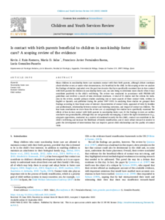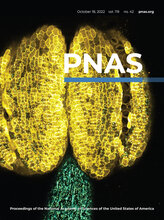Displaying 111 - 120 of 2221
This chapter in the book "Engaging Fathers in Child Welfare and Foster Care Settings: Promoting Paternal Contributions to the Safety, Permanency, and Well-being of Children and Families" explores research on father engagement in child welfare services in the U.S., including studies on engagement activities, associations with child welfare outcomes, and barriers to engagement with the aim of assisting social workers and child welfare caseworkers in more fully engaging fathers.
Alliance for Children Everywhere (ACE) Zambia is a US-funded organization that transitioned from providing residential care in Zambia to pioneering family-based care, including foster care, and supporting other residential care service providers to transition. With important links to the Zambian government, ACE Zambia has been a key actor in supporting the development of policies, programs and guidelines that are now utilized across the country.
Save the Children has developed this learning agenda in order to assess the use of cell phones as information and feedback mechanisms for foster children in Gambia and to determine whether it is effective and secure.
This qualitative study designed to identify potential prognostic factors relating to the outcome of children placed in a welfare center or foster care before the age of 4 years was based on the analysis of 34 case histories of children placed in a welfare center or foster care in Angers.
Save the Children a développé ce programme d'apprentissage afin d'évaluer l'utilisation des téléphones portables comme mécanismes d'information et de rétroaction pour les enfants placés en Gambie et de déterminer s'il est efficace et sécurisé.
This U.S.-based study details the prevalence of youth at the intersection of parental incarceration and foster care, their demographic characteristics, and heterogeneity in their mental health.
Family foster care is the option of choice in case of out-of-home placements in Flanders, Belgium, resulting in rising numbers of family foster care placements. As a number of the foster children experienced traumatic events and all of them were separated from their primary caregivers, concerns can be raised about the quality of attachment between foster children and their foster carers. In this study, the attachment behavior was scored by the foster mothers on the Attachment Insecurity Screening Index.
In this scoping review the authors analyze the findings of studies conducted over the past two decades that have specifically examined face-to-face contact with birth parents for children in non-kinship foster care, with the goal of determining more clearly when it may contribute positively to the child's well-being. The review involved a search of nine electronic databases in Spain, the U.S., Portugal, and the UK.
The Task Force on Foster Care of the Transforming Children's Care Global Collaborative Platform held the fifth webinar in the spotlight series on Foster Care Practice on 15 September 2022. The webinar explored participation in foster care with particular focus on individual decision making for children and young people. We heard from people with lived experience of foster care in different contexts, including Uganda, Ireland and Argentina.
This study, based in Romania, examined longitudinal data from the Bucharest Early Intervention Project, a randomized controlled trial of foster care as an alternative to institutional care following exposure to severe psychosocial deprivation.

